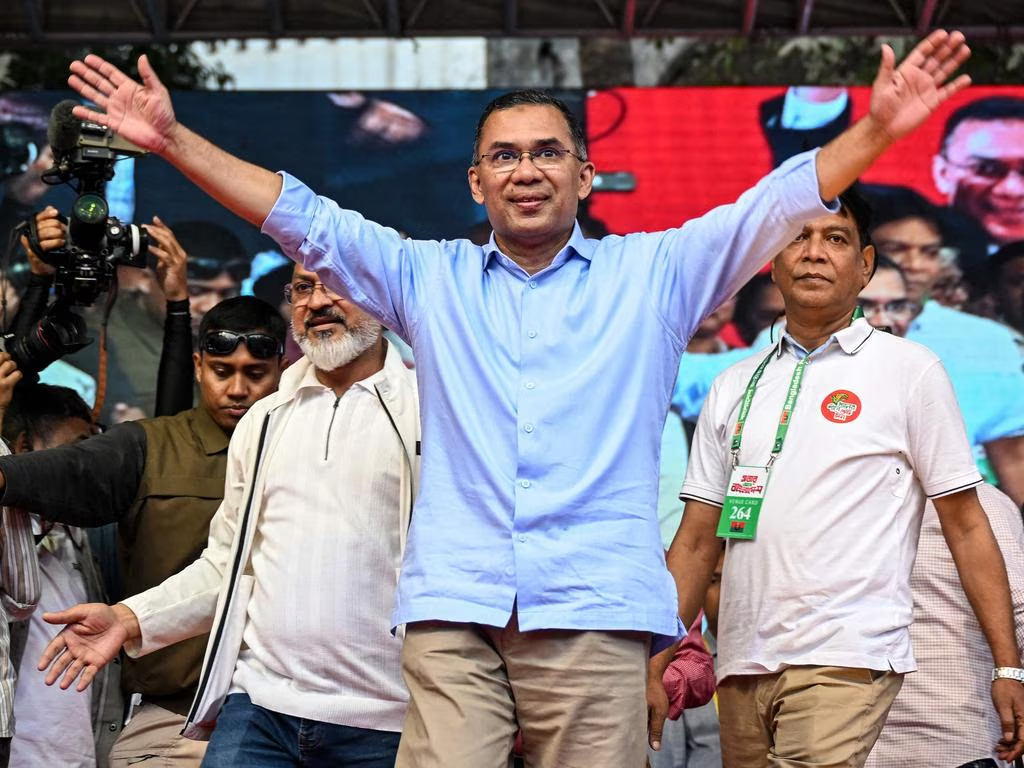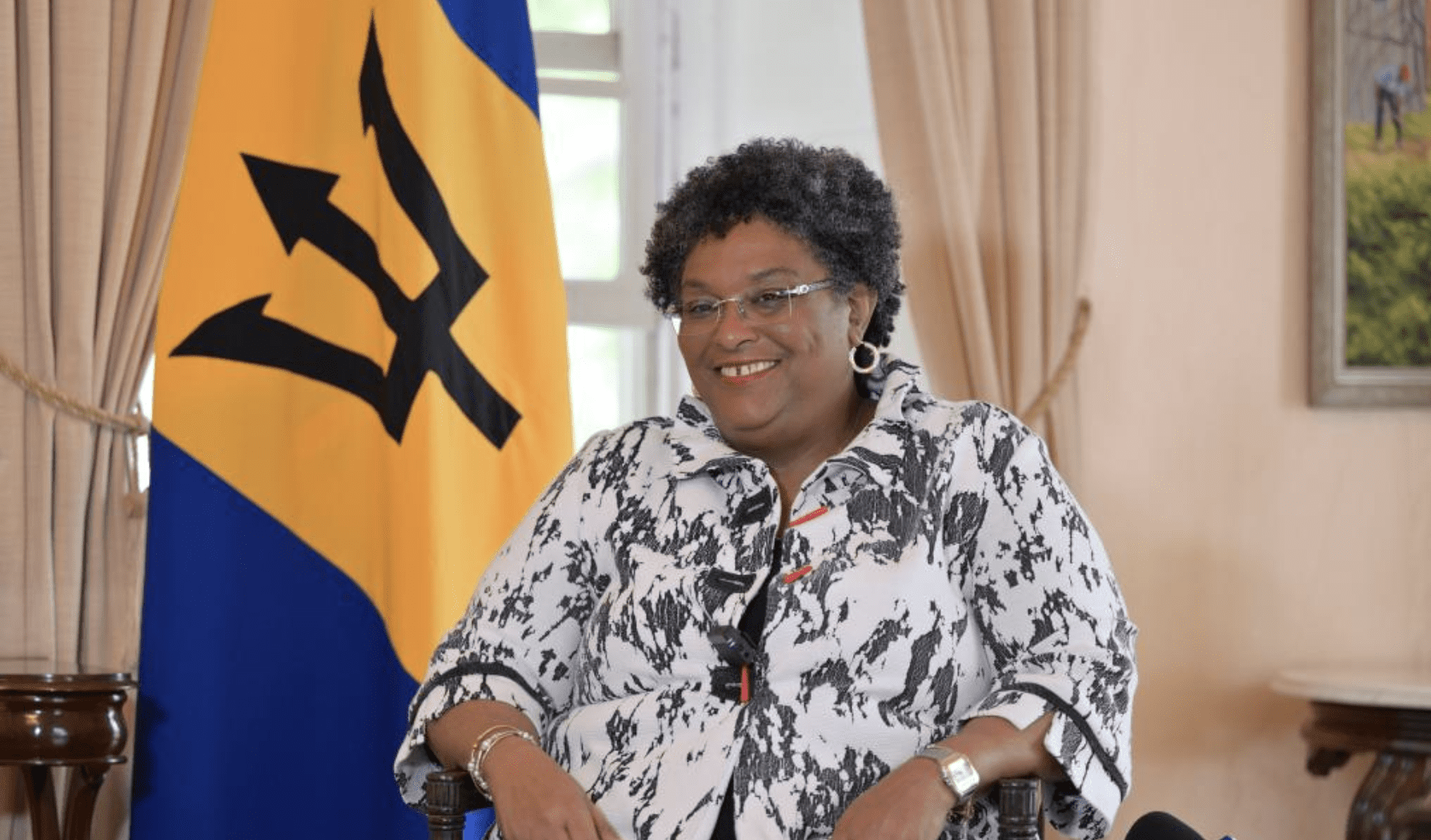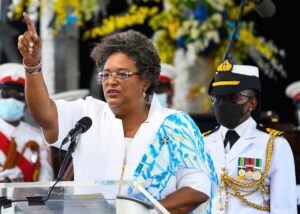In an era defined by polycrisis and shifting geopolitical landscapes, principled leadership rooted in regional collaboration and global solidarity has never been more essential. Few exemplify this ethos more powerfully than H.E. Ambassador Viliami Va’inga Tōnē, Permanent Representative of the Kingdom of Tonga to the United Nations.
Ambassador Tōnē is widely respected across diplomatic circles for his steady commitment to multilateralism and his unwavering advocacy on behalf of Small Island Developing States (SIDS). Over the course of his distinguished tenure, he has emerged as a leading voice in the global push for climate resilience, ocean governance, and sustainable development—grounding his work in the lived realities of frontline communities.
As the Kingdom of Tonga assumes the Chairmanship of the Pacific Islands Forum, Ambassador Tōnē is guiding a new chapter of regional leadership. The Forum’s 2050 Strategy for the Blue Pacific Continent provides an ambitious framework for collective action, and under Tonga’s stewardship, it is being operationalized through concrete partnerships and global engagement. Ambassador Tōnē’s efforts to internationalize this strategy reflect a clear understanding that the resilience of island nations is intrinsically linked to global stability, sustainable growth, and the realization of the SDGs.
This commitment will be on full display later this month when Ambassador Tōnē convenes the Island Resilience Summit from April 23–24 in Dallas, Texas. In his capacity as Tonga’s UN Ambassador and Pacific Islands Forum Chair, he is hosting this high-level gathering in partnership with the Republic of Panama and the Family Offices for Sustainable Development. The Summit is designed to connect island governments with mission-aligned capital from family offices, philanthropists, and private sector leaders, enabling the co-creation of transformative public-private partnerships.
For government leaders around the world, this is more than a regional convening—it is a model. A model of how diplomatic leadership can catalyze systems-level solutions; how small states can lead on global issues; and how purpose-driven investment can help fill critical financing gaps in the most vulnerable yet visionary corners of the planet.
Ambassador Tōnē’s leadership is a compelling reminder that diplomacy, when matched with action, can drive real progress. His work offers a blueprint for governments seeking to align ambition with implementation—especially as the world prepares for COP30 and the next cycle of national climate commitments.
Tonga may be geographically small, but through Ambassador Tōnē’s work, it is leading with clarity, conviction, and global consequence.

 Follow SDG News on LinkedIn
Follow SDG News on LinkedIn











